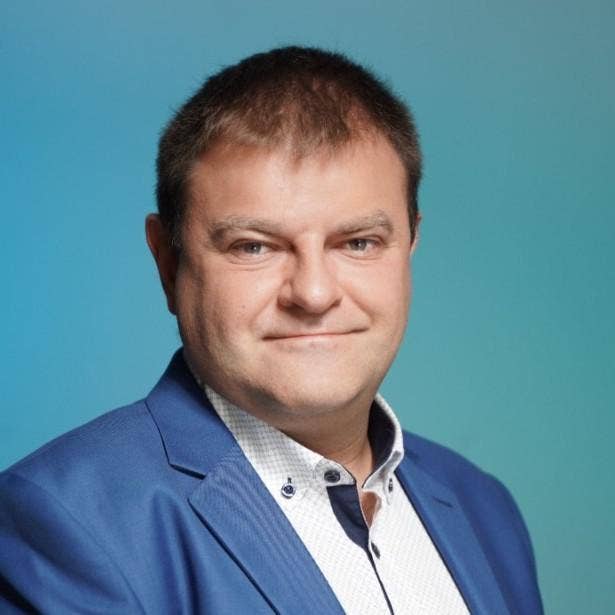Kaspersky Unveils Channel Program Changes
The Moscow-based security firm’s channel chief says the new features allow the firm to ‘remain attractive for partners.’

Ivan Tolok, head of global channel for Kaspersky
Kaspersky has unveiled a revamped channel program it hopes will be more attractive to MSPs and other solution providers.
The Moscow-based cybersecurity firm has announced new features to its United Partner Program that include a revised rebate system, extended training programs, and more rewards for MSPs.
In a press release, the company said the rebate changes will make the system “more transparent and predictable,” as well as cover more Kaspersky products and services.
The training changes include, among other things, new courses for MSPs and 10 new authorized training centers across the globe.
In response to inquiries from CRN, Ivan Tolok, head of global channel for Kaspersky, said the changes allow Kaspersky (to) remain attractive for partners.
“The first results of the innovations are already visible: the amount of partner rebates paid for H1’22 increased by 47 percent compared to the same period in 2021,” said Tolok.
The updates were planned this year as part of the Kaspersky’s channel development roadmap, said Tolok,
“We considered them in accordance with the needs of our partners and our business priorities,” he said. “The updates in the partner program have been rolling out since January 2022.”
Kaspersky has denied repeated suggestions by the U.S. government that it has ties to the Kremlin.
The Federal Communications Commission in March put Kaspersky on its national security watchlist, prompting some companies, such as Kaseya, to terminate their ties to the firm.
The channel enhancements mark the second time this year that Kasperksy has rolled out new features designed to attract and retain customers with questions swirling about ties to the Kremlin..
In June, Kaspersky announced the opening of three new “transparency centers” around the globe for customers and others to review the firm’s source codes for various products. That move was described by a Kaspersky executive as an attempt to “prove that we are a trustworthy and reliable partner.”
Several MSP owners told CRN that they give Kaspersky credit for trying hard to overcome the controversies that have engulfed the company in recent years.
“They’re going to have to come up with a way to shake off the stigma of having so-called ‘Russian-government connections,’” said Rick Smith, owner of Renactus Technology Inc., a Union, N.J.-based MSP. “That’s the whole problem. They have a brand problem.”
He added: “Reputations, good or bad, are a hard thing to shake.”
Michael Goldstein, CEO of LANInfoTech, a Fort Lauderdale, Florida-based MSP, said it’s “good to see Kaspersky reaching out to MSPs.”
But he said he doesn’t know whether it will increase business for Kaspersky.
“Time will tell,” he said.